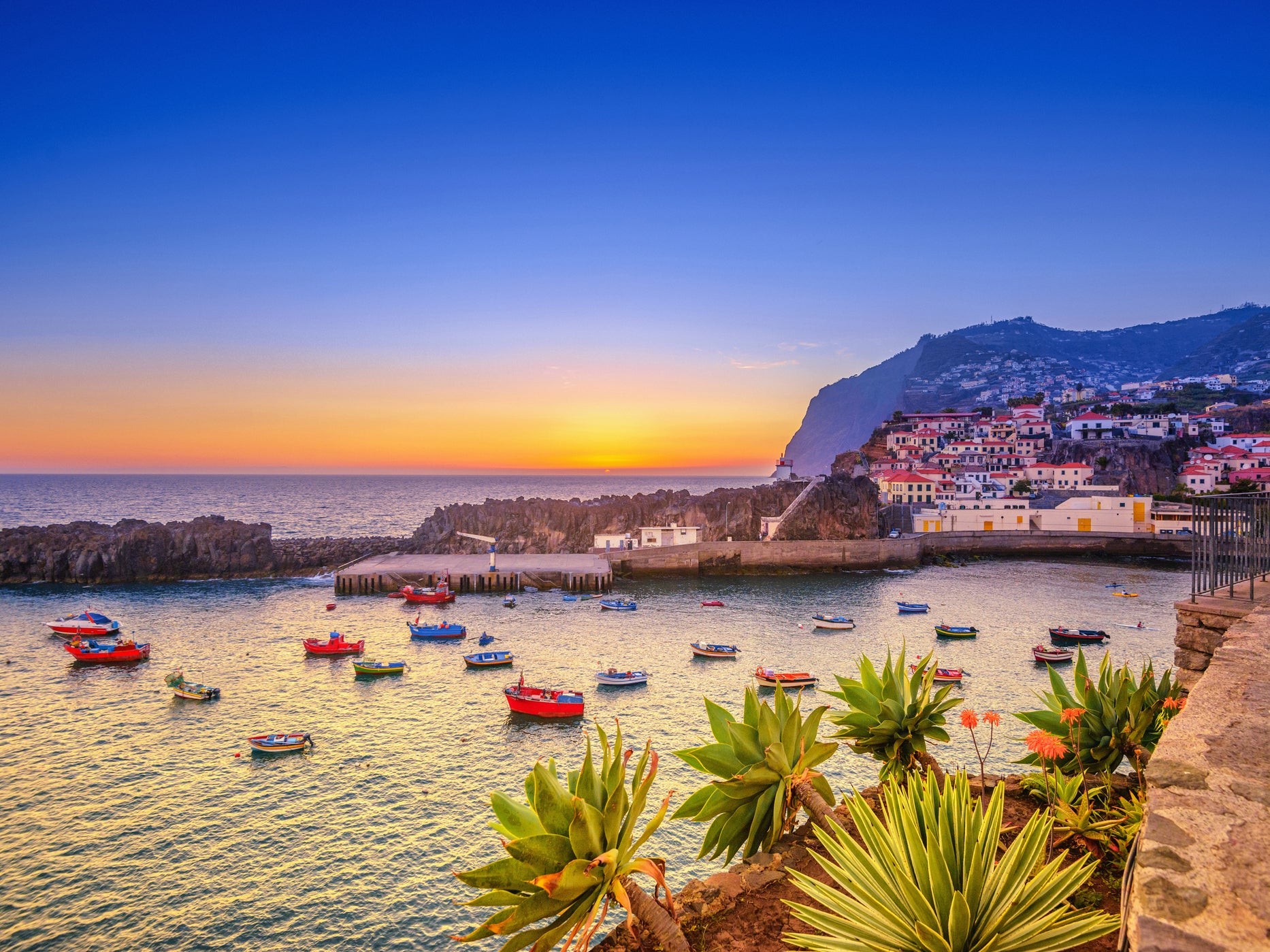Is an Easter trip to Thailand possible without PCR tests?
Simon Calder answers your questions on travel tests, passport mishaps and war in Ukraine


Q Whilst I appreciate that you don’t have a crystal ball, do you have any sense of whether Thailand might drop its requirement for days one and five PCR testing by April? Such excellent deals for Easter at the moment, not surprisingly.
Rose S
A The way that Thailand has conducted its travel rules during the coronavirus pandemic is baffling. The nation keeps saying that it desperately wants visitors back – unsurprisingly, given the dependence on tourism in Thailand – but then imposes very complex and frequently changing travel restrictions. The current official line is: “Thailand is gearing up for a return to normalcy by easing some travel restrictions and quarantine requirements and allowing normal tourists to enter the country.”
Starting this month, the government has two parallel programmes that allow fully vaccinated travellers to enter the country without quarantine. They are called “Test and Go” and “Sandbox”. Both involve staying in a “SHA+” hotel – approved accommodation for international arrivals.
These are the details:
Test and Go: this is the go-anywhere option. The authorities call it “quarantine-free” but in fact it involves quarantine. For your city of arrival, which for most people will be Bangkok, you must pay in advance for accommodation, a PCR test and a transfer from the airport to the hotel. Once the result is back, you can do what you like until day five, when you have to book a stay at an approved hotel for your second RT-PCR test. After a negative result, you are free to explore once more.
Sandbox: you choose one of the most popular beach resorts in Thailand – Phuket, Khao Lak, Krabi, Koh Samui, Koh Phang Ngan, or Koh Tao – and stay there for seven days in a designated SHA+ hotel. You must take a PCR test on arrival. After a week you can to travel to other parts of Thailand, or leave the country.
These are complex, costly and restrictive. I am sure officials in Bangkok will be tracking what happens to countries such as Iceland that have abandoned all restrictions. It is entirely possible that the testing rules will ease by Easter. But please do not commit yet. I am very keen to return to Thailand, but will be booking my flight no earlier than the day before travel.

Q As I was preparing to travel to Greece, a member of staff at Gatwick told me I needed six months left on my passport. I believe this is incorrect as it is an EU passport.
You have in the past confirmed that EU passports are valid until the expiry date for travel between the UK and the EU. But what is one supposed to do when border control/check-in staff don’t have the correct information and might stop you from travelling?
Celine P
A If you are lucky enough to have a European Union passport, then it is valid up to and including the date of expiry within the Schengen area – comprising most EU nations plus Switzerland, Norway and some smaller countries.
Check-in staff have the unenviable task of having to apply a tangle of rules that depend on the passport and destination of the traveller, though it is disappointing that, on the fundamental point of flying EU citizens to the European Union, you were told of a fictional “six-month” restriction.
When ground staff make mistakes and deny travel to someone who is properly documented, the airline must pay cash compensation on top of meeting all the costs that a wrongful denial of boarding involves.
You mention “border control” staff possibly being involved: UK Border Force have no role in deciding the validity of passports for trips overseas. Returning to the UK, they can be relied upon to apply the law as it is, rather than a misinterpretation of it.
Finally, for completeness: a reminder that the Brexit deal the UK negotiated with the European Union added two restrictions to the validity of British passports when visiting the Schengen area. The travel document must have been issued in the past 10 years on the date of travel to the EU; and it must be valid for at least three months after the intended date of return.
For the avoidance of doubt, these conditions are independent of each other. So you could enter France or Spain on 1 March 2022 with a passport issued on 2 March 2012 that has an expiry date of 2 December 2022. And there is no such thing as a “six-month” restriction when heading to the EU, either.

Q I have a large payment to make to Jet2 Holidays for a package holiday to Portugal in May. If war prevents us from travelling would Jet2 return my money in full?
Peter G
A The short answer is, yes: if Jet2 Holidays cannot provide the trip that you have booked, then it must refund your payment in full, within two weeks of the cancellation being advised. Through the coronavirus pandemic the firm has provided refunds in a commendably swift and efficient manner. In the extremely unlikely event that the company should fail, you would receive a full refund under the Atol scheme.
The longer answer, though, is that I can scarcely envisage any circumstances in which the Russian invasion of Ukraine would affect your planned holiday in Portugal in May.
Vladimir Putin’s murderous attack is a calamity for the Ukrainian people, but geographically it is confined to a corner of southeast Europe. The likelihood of conflict spreading right across Europe and affecting travel between the UK and Portugal looks vanishingly remote.
It may seem callous to focus on the effects of conflict on international tourism, but millions of people will have the same concerns as you and the likely effects need to be explored and explained.
During the unfolding tragedy of the Yugoslav wars that began in 1991 – in which more than 100,000 people died – the operation of tourism to nearby countries, including Italy, Bulgaria and Greece, was largely unaffected.
More recently, the 2008 Russo-Georgian war had no discernible effect on travel elsewhere in Europe; the same applies to the annexation of Crimea by Russia in 2014.
Crucially, though, there is evidence of conflict dampening demand for travel. If bookings dry up for holidays in western Europe, even though the Algarve is almost 2,000 miles from Ukraine, it is possible that some planned departures could be cancelled, with flights combined, causing some inconvenience But in your position, I would simply look forward to Portugal in May, which I believe is the perfect time (along with September) to be there.
Email your question to s@hols.tv or tweet @simoncalder


Join our commenting forum
Join thought-provoking conversations, follow other Independent readers and see their replies
6Comments